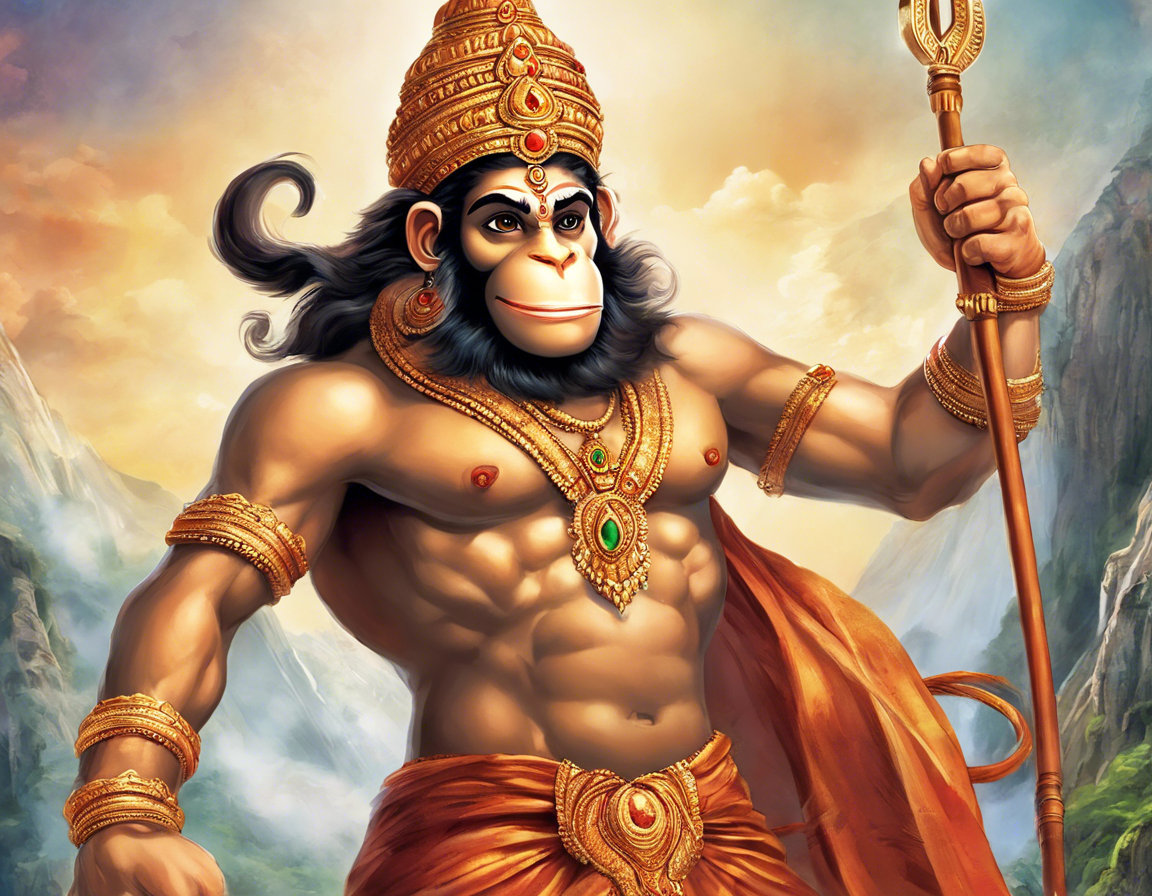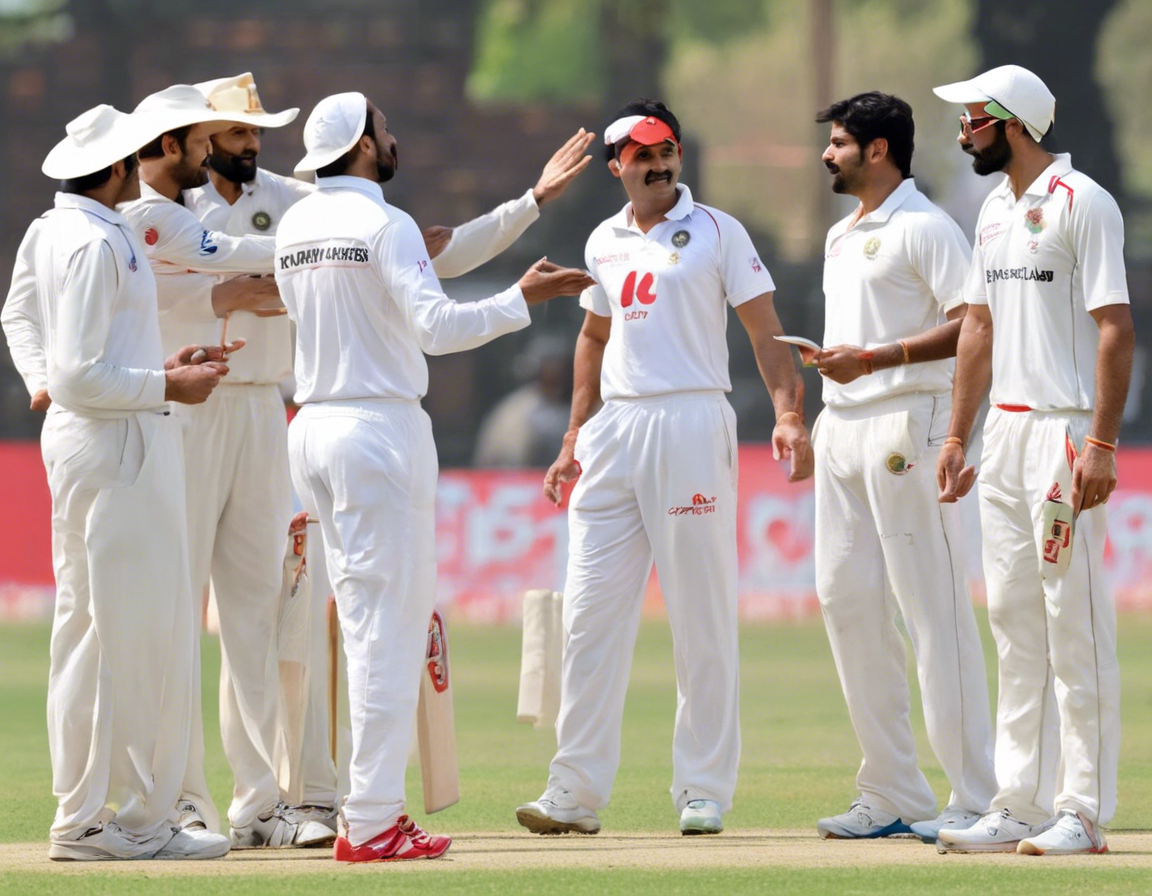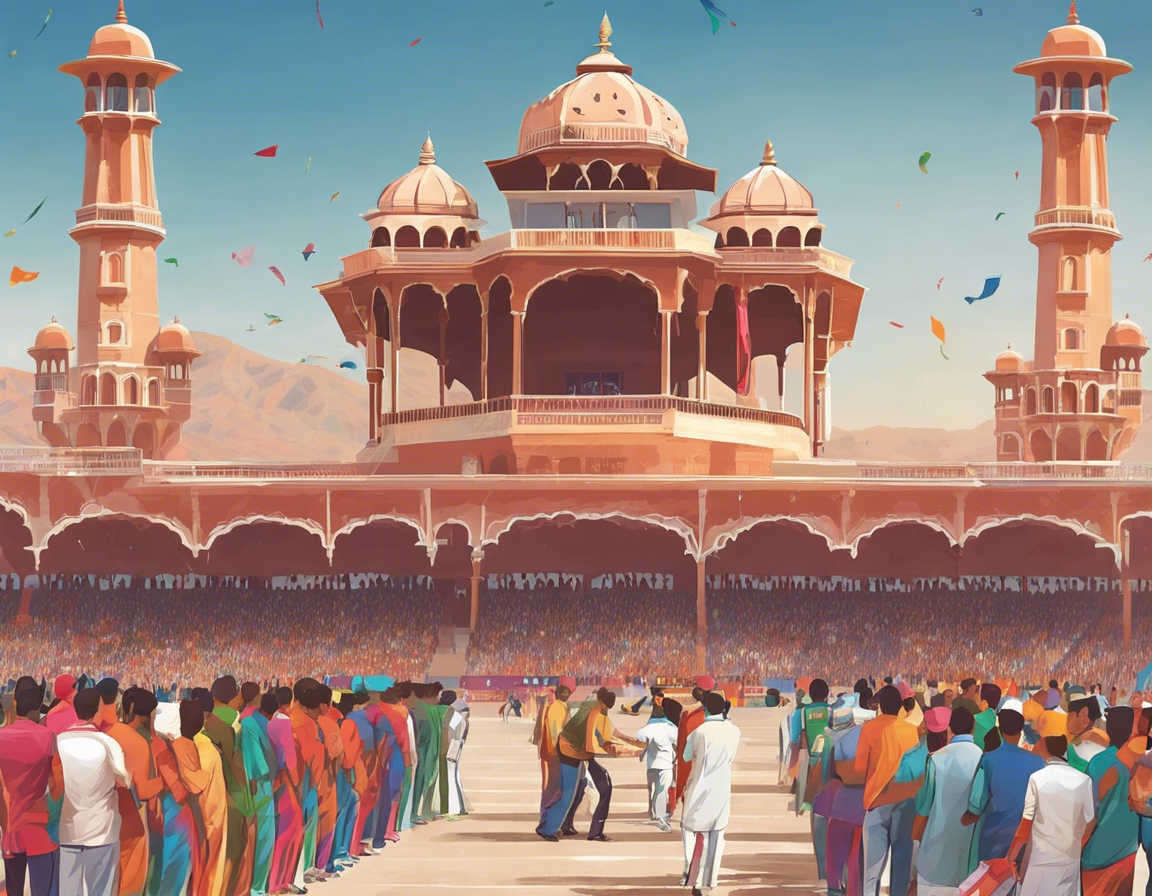
In Indian mythology, Hanuman is one of the most beloved and revered figures. This article delves into the rich tapestry of Hanuman’s legend, exploring his origins, attributes, and significance in Hindu mythology.
Origin Story of Hanuman
Hanuman is often depicted as a monkey-faced deity, known for his unwavering devotion to Lord Rama. According to Hindu mythology, Hanuman is the son of Vayu, the god of wind, and Anjana, a celestial nymph. His birth was believed to be a result of a boon granted to Anjana by Lord Shiva.
The Mighty Monkey God
Hanuman is described as having immense physical strength, agility, and the ability to fly. He played a pivotal role in the Ramayana, an ancient Indian epic, where he aided Lord Rama in his quest to rescue his wife, Sita, from the demon king Ravana.
Hanuman’s unwavering loyalty, courage, and intelligence make him one of the most revered figures in Hindu mythology. He is worshipped as a symbol of devotion, strength, and selfless service.
Symbols and Attributes
Hanuman is often depicted carrying a mace (gada) and a mountain in his hands, symbolizing his immense strength. He is also known for his devotion to Lord Rama, as depicted by his carrying Rama and Sita in his heart.
Significance in Hindu Mythology
Hanuman’s story exemplifies the virtues of loyalty, devotion, and selflessness. He is seen as a source of inspiration for devotees, who seek his blessings for strength and protection.
Hanuman is also associated with martial arts, healing, and celibacy. Many believe that worshiping him can bestow courage, wisdom, and protection from evil forces.
Hanuman Chalisa
The Hanuman Chalisa is a popular devotional hymn dedicated to Hanuman. Composed by the poet Tulsidas, it consists of 40 verses praising Hanuman’s virtues and seeking his blessings for protection and strength.
The Hanuman Chalisa is recited by millions of devotees worldwide, especially on Tuesdays and Saturdays, to invoke Hanuman’s blessings for overcoming obstacles and achieving success.
Hanuman Jayanti
Hanuman Jayanti is an annual Hindu festival dedicated to celebrating the birth of Lord Hanuman. It usually falls on the full moon day (Purnima) of the Hindu month of Chaitra (March-April).
Devotees observe fasts, visit temples, and recite prayers and hymns in honor of Hanuman on this day. Special ceremonies and processions are organized to commemorate Hanuman’s devotion and valor.
The Legend Lives On
Hanuman’s legend continues to captivate and inspire people across the world. His story teaches us the importance of loyalty, devotion, and selfless service, making him a timeless symbol of courage and resilience.
Whether in times of adversity or moments of triumph, invoking the blessings of Hanuman is believed to bring strength, protection, and guidance to all who seek his divine grace.
Frequently Asked Questions (FAQs) about Hanuman:
-
Who is Hanuman in Hindu mythology?
Hanuman is a revered deity in Hindu mythology, known for his strength, devotion, and loyalty to Lord Rama. -
What is the significance of Hanuman Chalisa?
The Hanuman Chalisa is a devotional hymn praising Hanuman’s virtues and seeking his blessings for protection and strength. -
When is Hanuman Jayanti celebrated?
Hanuman Jayanti is celebrated on the full moon day of the Hindu month of Chaitra (March-April) to honor the birth of Lord Hanuman. -
What are some common symbols associated with Hanuman?
Hanuman is often depicted carrying a mace (gada) and a mountain in his hands, symbolizing his strength and devotion. -
How is Hanuman worshipped by devotees?
Devotees worship Hanuman by reciting prayers, visiting temples, observing fasts, and seeking his blessings for courage, wisdom, and protection. -
What lessons can be learned from Hanuman’s story?
Hanuman’s story teaches the virtues of loyalty, devotion, and selflessness, serving as an inspiration for overcoming obstacles and achieving success. -
Is Hanuman associated with any particular day for worship?
Hanuman is especially worshipped on Tuesdays and Saturdays by devotees seeking his blessings for strength and protection. -
What qualities make Hanuman a revered figure in Hindu mythology?
Hanuman is revered for his courage, intelligence, strength, and unwavering devotion to Lord Rama, making him a symbol of inspiration for millions. -
How does Hanuman’s character resonate with people today?
Hanuman’s character resonates with people as a symbol of overcoming adversity, displaying unwavering loyalty, and embodying the virtues of selfless service. -
What rituals are performed during Hanuman Jayanti celebrations?
Hanuman Jayanti celebrations include fasting, prayers, hymn recitations, temple visits, and special ceremonies to honor Hanuman’s birth and divine qualities.







